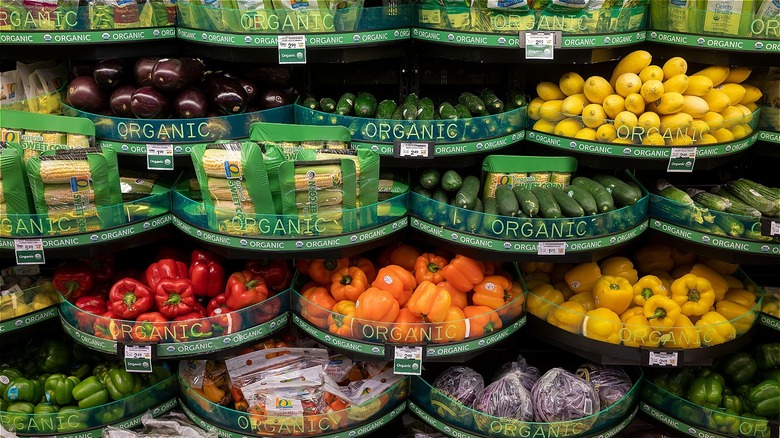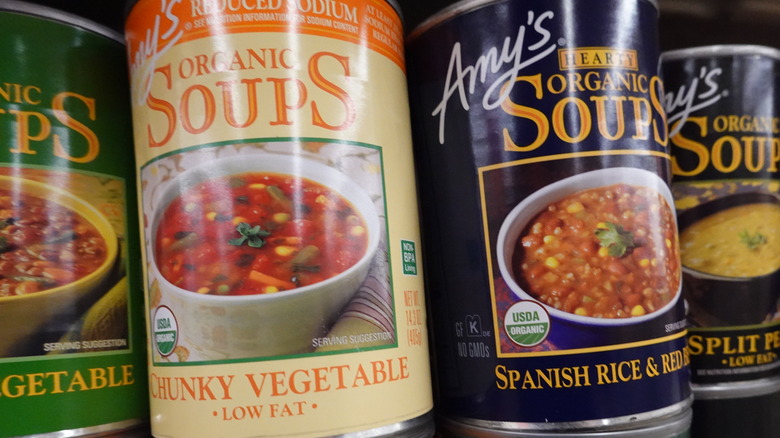The New USDA Rule That Will Affect Organic Foods
While perusing the grocery store shelves you may have noticed a regular can of corn or peas priced at around a couple of dollars and another can sitting nearby that costs $2 or $3 more. The only ostensible difference between the products is that one is slapped with a certified USDA organic label and the other is not.
You may have wondered how accurate some of these designations are and whether unscrupulous companies have tried to capitalize on the organic food craze without actually making their products organic. In the absence of strict enforcement of existing regulations at every link in the supply chain, couldn't someone just lie about their product being organic and overcharge? The answer is yes, organic labeling fraud has happened before. In certain instances on a massive scale, such as the Great Organic-Food Fraud scheme documented in The New Yorker.
The USDA has recently reviewed its organic labeling issue and updated its regulations surrounding what foods qualify to be labeled as organic, strengthening oversight, enforcement, and traceability (via Federal Register).
Stepping up enforcement of organic food rules
The new Strengthening Organic Enforcement Rule will invite more scrutiny and accountability of businesses that manufacture and sell organic products (per Federal Register). Some of the modifications to organic food labeling will include an emphasis on inspections to ensure that a product remains organic throughout the entire production process (per CBS). It also includes changes requiring USDA National Organic Program certification for any imported food (via Associated Press).
The Organic Trade Association (OTA), which advocated for the regulations, released a statement praising the move as a major step to prevent and detect fraud and improve the traceability of organic products. It described the revisions as the "biggest change to organic regulations since the creation of USDA's National Organic Program," which was founded in 2001 to create consumer standards for organic products and national standards for the production and handling of organically-made items (per USDA).
The new rule change is designed to close gaps in current regulations and identify fraud in the organic production process. It is also aimed at building trust for the USDA organic food label, so that when you spend two more dollars on that organic can of corn, you know you are actually getting something that is authentic.

